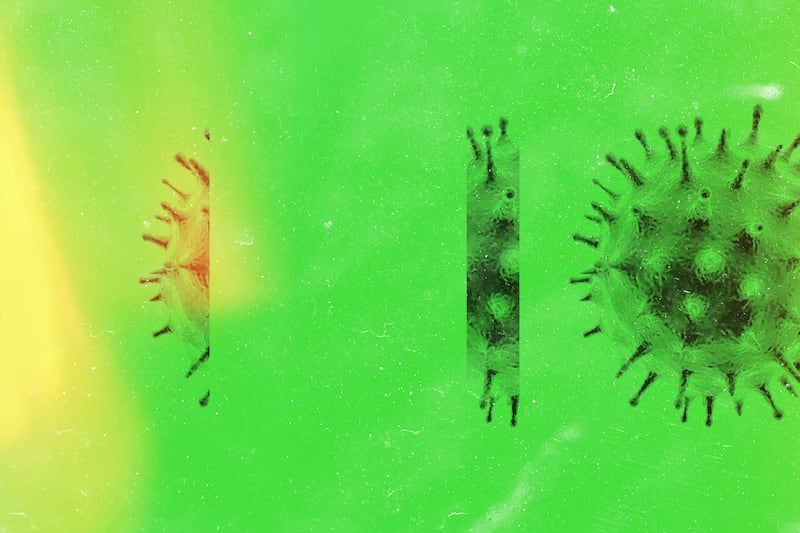Cases of the novel coronavirus continue to rise in the United States — and across the world — as new variants and mutations take hold of the country.
The news: White House COVID-19 response coordinator Dr. Ashish Jha said on NBC’s “Today” show that there isn’t much reason for concern yet.
- “I am not overly concerned right now,” he said.
Yes, but: “We’ve got to watch this very carefully,” Jha added.
- “Obviously, I never like to see infections rising. I think we’ve got to be careful, but I don’t think this is a moment where we have to be excessively concerned.”
The bigger picture: There has been some concern that the BA.2 variant — a subvariant of the omicron variant — could cause a new wave of coronavirus infections in the United States.
- Experts have been unsure about what will happen here based on the emerging variants and subtypes.
- And that has created confusion about whether or not Americans need to get another COVID-19 vaccine booster shot or not, something the Food and Drug Administration is still considering.
What they’re saying: “It’s probably not going to be a national wave of infection,” Dr. Scott Gottlieb, the former commissioner of the Food and Drug Administration, told CNBC.
- “It’s probably going to be centered in the Northeast, maybe Florida. I think by the time it starts to spread nationally, we’ll already be deep into the summer, and that’ll provide a seasonal backstop,” he said.
Yes, but: Dr. Anthony Fauci, the director of the National Institute of Allergy and Infectious Diseases, told Bloomberg TV’s David Westin that there will potentially be a COVID-19 wave in the fall.
- “I would think that we should expect that we are going to see some increase in cases as you get to the colder weather in the fall,” he said.


